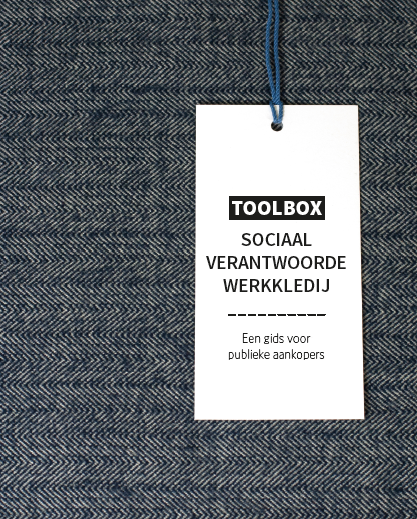VVSG and the City of Gent help local governments to purchase fair trade goods
Worldwide, a lot of goods are traded that are not always produced in a fair way or where the production process is unclear. Local authorities that want to work on a sustainable purchasing policy can now include ethical and social criteria in their tenders for work clothing, for example. The VVSG and the City of Ghent designed a toolbox that should inspire them.
The production and distribution chain of goods is often far from transparent and working conditions are often poignant and unfair, even for matters that local authorities purchase. The Association of Flemish Cities and Municipalities (VVSG) and the City of Ghent unraveled the entire production chain for work clothing, often purchased by local authorities, with the support of PLATFORMA and the European Commission. Relevant questions were: Which raw materials are needed for the product? Who produced the item? Where was it made? And what guarantees are there in the field of child labor or forced labor?
The result of this complicated but meaningful process is a toolbox that offers tools for more socially just purchases, primarily for work clothing. There are no watertight guarantees, but the toolbox shows how public purchasers can improve the situation of workers and how they can respect international and national legislation on working conditions, human rights and living wages, in collaboration with suppliers.
The guide should provide tips for public purchasers who want to add sustainability to their purchases concerning textiles. The entire process and the various options are included in the toolbox and the specifications with clauses will also be available online. In May, other linguistic versions of the toolbox will follow to also open up the information to all local authorities in Europe.

